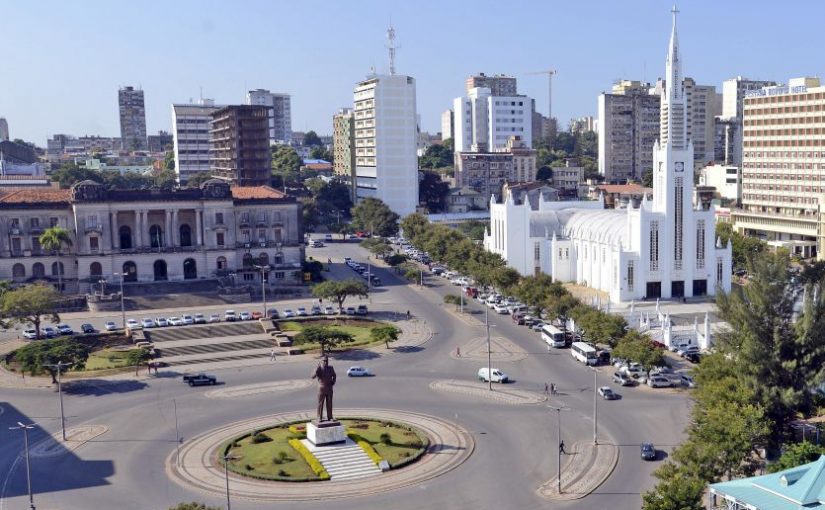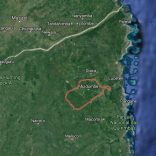Mozambique: Three bodies found in Chiúre-Velho
Experts believe “Hidden debts” could be declared void-AIM Report

in file CoM
Two experts on debts and the law have told the Bloomberg agency that the revelations of massive corruption in Mozambique’s “hidden debts” might free Mozambique of the need to repay those debts, or at least allow the government to negotiate more favourable terms.
The “hidden debts” is the term used to describe over two billion US dollars worth of loans granted to the fraudulent companies Proindicus, Ematum (Mozambique Tuna Company) and MAM (Mozambique Asset Management), with Mozambican government guarantees.
Investigations by US prosecutors have shown that the loans had little to do with their ostensible purpose (coastal protection and tuna fishing), and that the companies were created simply to enrich those involved. At least 200 million dollars of the proceeds went to bribes and kickbacks, according to an indictment from the U.S. Department of Justice.
Mitu Gulati, a law professor at Duke University in the U.S., told Bloomberg that the corruption could render the debts null and void.
In response to emailed questions, Gulati, who has authored papers on sovereign debt, said “The debtor probably has a good case to make that these were loans infected with corruption (by the agents who contracted the loans) and, therefore, voidable”.
“Now, that does not exempt the debtor from having to give back the funds that it did receive. But it is quite possibly an effective argument to make to obtain a better settlement in a restructuring,” he added.
In fact Mozambique did not receive any of the funds directly, since the banks that arranged the loans, Credit Suisse and VTB of Russia, paid the money directly to Privinvest, the contractor based in Abu Dhabi.
The independent audit of Proindicus, Ematum and MAM, by the US-based company Kroll, showed that the fishing boats and other assets the three companies received from Privinvest, were not worth anything like two billion dollars. The over-invoicing could have been in the order of 700 million dollars.
The debts are not all of the same nature – the largest loan, to Ematum, was converted in 2016 to a 727 million dollar Eurobond, and Gulati believed that the Eurobond holders may be at an advantage in comparison to the owners of the Proindicus and MAM loans.
“The conversion into the Eurobond makes things worse for the prospect of mounting a defense”, he said. “I fear that this is why this got converted into a nice Eurobond -– modern money laundering.”
But the American investigators found that the conversion into a Eurobond issue was not a Mozambican idea at all, but part of a carefully designed fraud. According to the indictment, the idea came from the conspirators working in Privinvest and Credit Suisse and was intended “to hide from the public and the IMF the near bankruptcy of the project companies, resulting from loan proceeds being diverted as part of the fraudulent scheme”.
Matthias Goldmann, a senior research affiliate at the Max Planck Institute in Heidelberg, Germany, also thought there is a strong case for declaring the hidden debts null and void.
In an e-mail response to Bloomberg, he said “Under international law, in my view, the government does not need to pay back anything. Investment tribunals would not grant protection if corruption was involved in the conclusion of the deal. So corruption charges are an independent reason to reject repayment.”












Leave a Reply
Be the First to Comment!
You must be logged in to post a comment.
You must be logged in to post a comment.